Since the Security Council first recognized conflict-related sexual violence (CRSV) as a threat to international peace and security in 2008, the UN has developed an increasing number of pathways to prevent and respond to such crimes. One of these is the…
Read morePublications
Latest
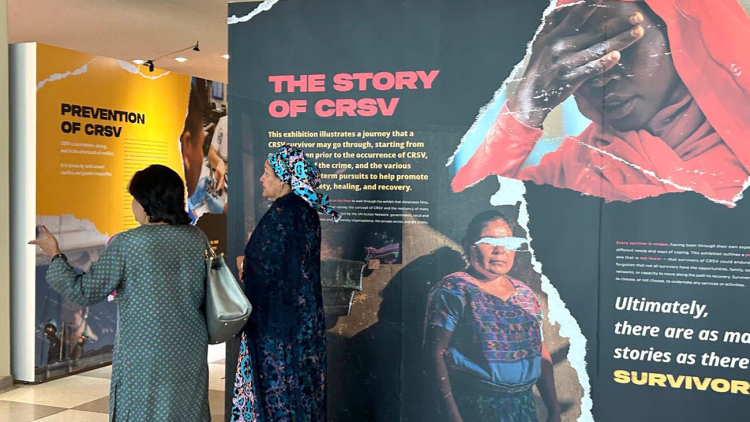
In 2004 (continued…)
-
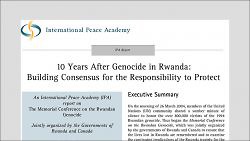
On the morning of March 26, 2004, members of the UN community shared a somber minute of silence to honor the over 800,000 victims of the 1994 Rwandan genocide. Thus began the Memorial Conference on the Rwandan Genocide, which was jointly organized by the governments of Rwanda and Canada to ensure that the lives lost […]
Read more -
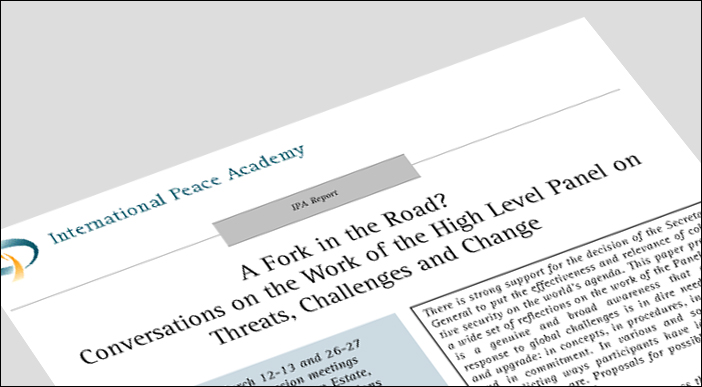
There is strong support for the decision of the Secretary-General to put the effectiveness and relevance of collective security on the world’s agenda.This paper presents a wide set of reflections on the work of the Panel. There is a genuine and broad awareness that collective response to global challenges is in dire need of repair […]
Read more -
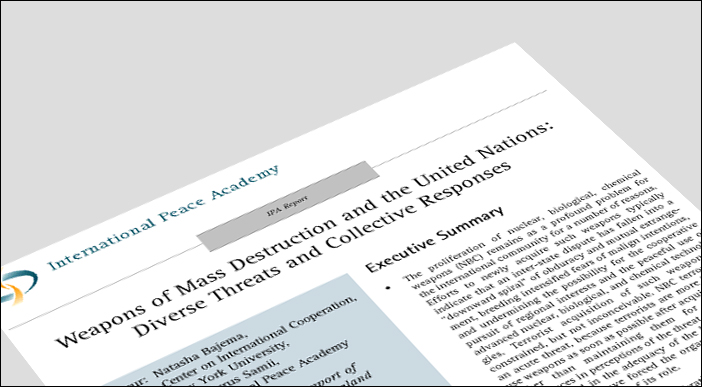
The proliferation of nuclear, biological, and chemical weapons (NBC) remains a profound problem for the international community for a number of reasons.
Read more -
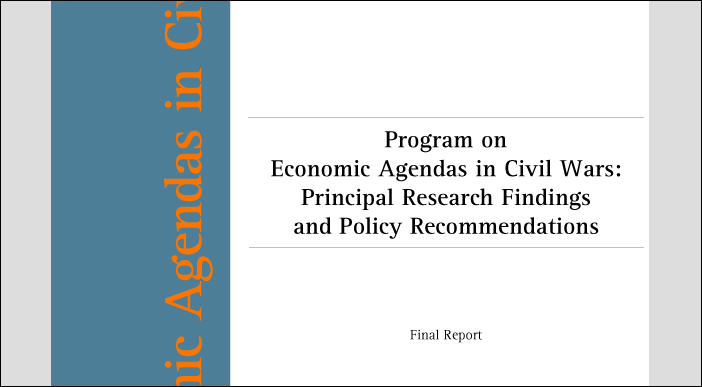
The Program on Economic Agendas in Civil Wars (EACW) was launched in 2000 in response to a convergence of political factors, academic interests, and policy concerns that pointed to the need for conflict prevention and resolution policies to be informed by a systematic understanding of the economic dimensions of contemporary civil wars.
Read more -
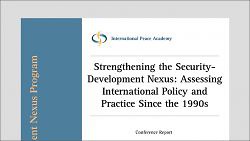
From the Executive Summary: Intrastate conflicts have become a major international concern in the last decade. Significant advances have been made by the international community in addressing the causes and consequences of these conflicts, leading to a reconsideration of the relationship between security and development. International actors are increasingly aware that these are interdependent and […]
Read more









